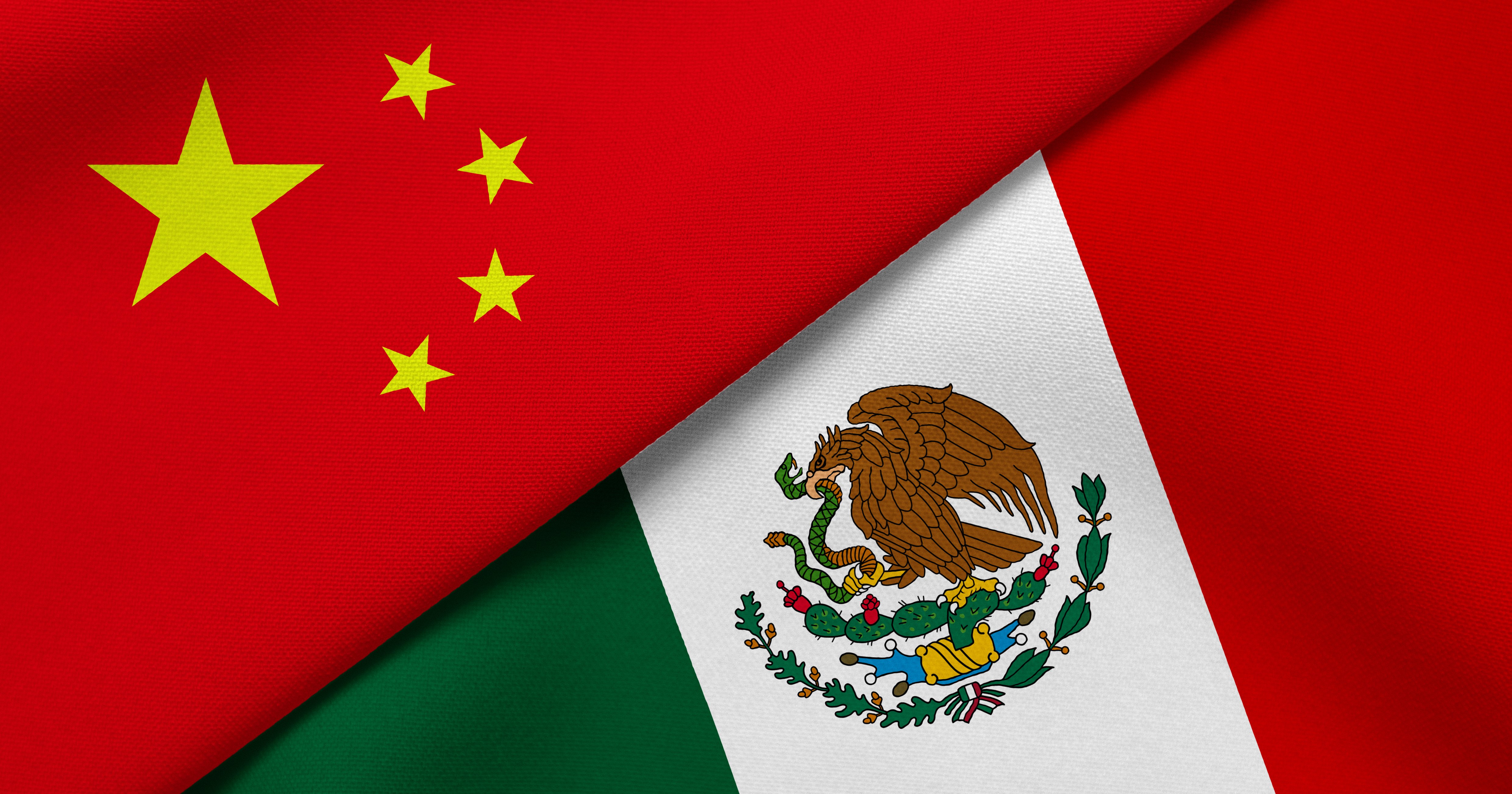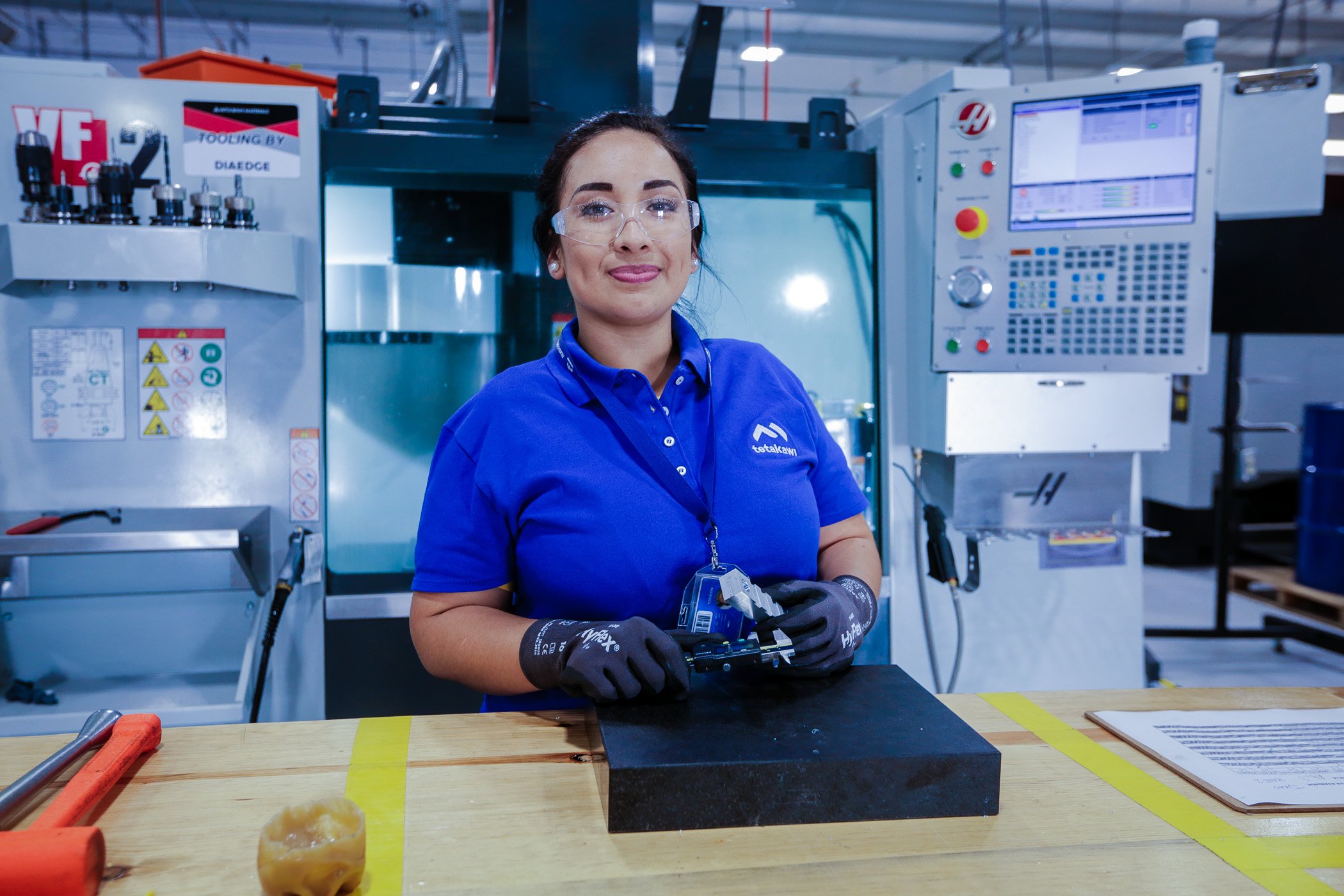Launching a manufacturing operation often seems like a tall order, but companies can expect a significant return on their decision to invest in Mexico. In addition to the benefits of low-cost labor, Mexico provides several incentives to help companies cost-effectively manufacture high-quality products. By taking a strategic approach to your investment, manufacturers can expect to see the following six benefits to investing in Mexico.
1. You get a rapid return on your investment
The IMMEX program is meant to help foreign investors quickly work through the regulatory requirements of establishing a company in Mexico. By operating under a shelter service company's legal framework, manufacturers have less red tape to navigate, not to mention less of a tax burden. Because some shelter service providers provide turnkey support ranging from real estate to facility maintenance, to HR Administration and Import-Export, this model can help manufacturers get new operations up and running in as little as 60 days.
2. Your investment comes with significant tax savings
IMMEX (which roughly translates to the Maquiladora, Manufacturing and Export Services Industry) was designed to incentivize manufacturers to export goods and strengthen Mexican exports. It does this by providing companies operating within Mexico a variety of tax benefits for corporate income tax, payroll tax, and VAT tax (value-added tax) payments.
Companies must meet numerous reporting requirements to gain IMMEX registration, which is why many entities new to Mexico choose to work with a shelter service provider. These experienced partners can help companies navigate the red tape and maximize cost benefits.
3. You can feel confident in product quality
Mexico's long history of manufacturing complex components comes with it a proven track record for quality. One reason for this is an ongoing investment by local and federal governments and private partners, in technical training. This commitment to helping the local workforce gain the necessary skills—ranging from engineering degrees to CNC operation programs and everywhere in between—helps manufacturers quickly find skilled laborers to fill critical positions.
For companies headquartered within the United States, there's an added assurance of quality. Nearshore manufacturing allows company executives to regularly visit Mexico facilities to audit quality control or train staff. The cost of sending managers from the U.S. to Mexico is much more manageable than regular flights to southeast Asia, for example, and provides U.S.-based manufacturers with greater confidence in product quality.
4. You have access to the world
Yes, the United States has traditionally been Mexico's top trading partner, receiving 76% of Mexico's total exports in 2019 alone. But through its expansive network of Free Trade Agreements (FTAs), Mexico provides companies around the world with an excellent strategic location for manufacturing.
Mexico's FTAs reach into Europe, South America, and Africa. Through its 14 free trade agreements across more than 50 countries, the country has access to over 60% of the world's gross domestic product. Manufacturers looking to launch operations in Mexico will find that these FTAs reduce barriers to trade and drive cost incentives for companies looking to establish operations.
5. You gain stability for the long-term
The only certainty is change, they say, but some companies may find that Mexico offers a greater element of stability than China and other low-cost manufacturing locations. Data indicates that labor costs in China have risen steadily in recent years. Followed by price fluctuations and supply chain disruptions due to U.S. tariffs and the coronavirus pandemic, and many companies have recognized that a diversified global footprint or regional approach to manufacturing may be a more stable fit.
Mexico offers stability in a few areas. First, its demographics offer the promise of a long-term workforce. Mexico's population is increasing at a rate of roughly 1.3% each year and is projected to remain stable or increase over the next several years. Overall, the country is projected to see incoming workers able to offset those retiring. Data indicates that the median age in Mexico will rise from 27.9 years to 31.2 years by 2025.
Second, with the U.S.-Mexico-Canada Agreement (USMCA) now in effect, Mexico-based manufacturers have been able to put to rest concerns over NAFTA renegotiations and evolving content requirements.
6. You're not alone
Mexico's established manufacturing clusters provide an infrastructure of support that can help ease entry into Mexico for new manufacturers. For starters, these clusters, in many cases, have created strong local supply chains. By working with nearby suppliers, foreign direct investors can further reduce the costs of manufacturing. In addition, these clusters tend to be supported by strong resources. By locating near one another, companies get the benefit of specialized training programs and strengthened logistical infrastructure.
Querétaro is a case in point. Many aerospace manufacturers opt to invest in Querétaro due to the established presence of many of the country's 300 aerospace OEMs and Tier 1, 2 and 3 suppliers. That presence led to the establishment of the highly specialized Aeronautical University in Querétaro, in addition to cooperation agreements among local suppliers.
A strategic approach for investing in Mexico
To realize the many benefits that Mexico has to offer, it pays to work with an experienced partner. Over the last 33 years, Tetakawi has supported numerous companies in creating a turnkey approach for their manufacturing investment.
If you're ready to take the next step and begin seeing a return on your investment, it's time to reach out. Contact us for a free estimate to determine what it could cost you to manufacture in Mexico.
Subscribe
Sign up and stay informed with tips, updates, and best practices for manufacturing in Mexico.








